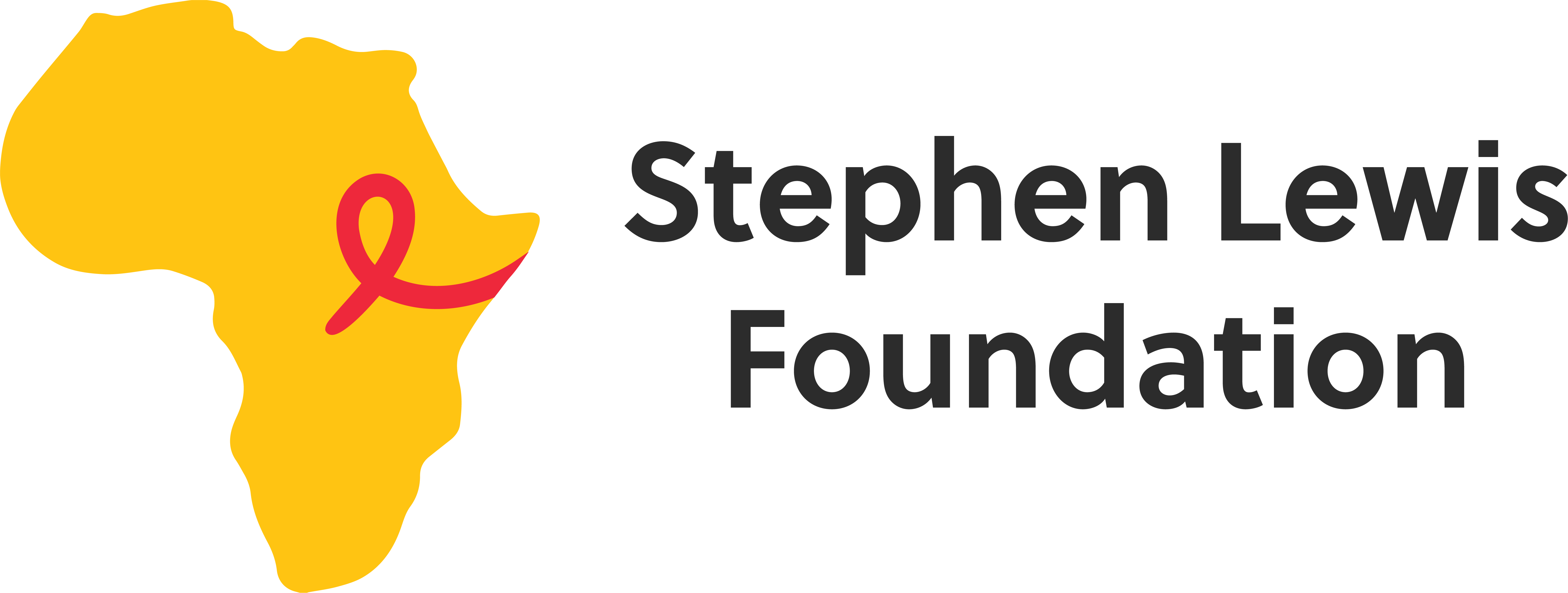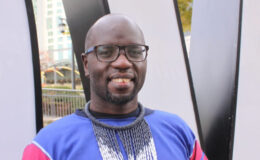“Everything happened so fast,” reflects Hombisa Ntsikanye, developer and implementer of youth-focused HIV programming at Blue Roof Life Space in Durban, South Africa. “Everything was a shock, in our work and also the country as a whole.”
When strict COVID-19 lockdowns had immediate and dangerous impacts for South African communities affected by HIV and AIDS, Blue Roof Life Space knew they had to take their vital services online. “We stopped the campaigns we were doing, door-to-door campaigns, because of the travel restrictions, and also had to stop in-person service for HIV testing,” Hombisa says.
Listen to an interview with Hombisa Ntsikanye on CBC’s The Current (December 1, 2021)
In South Africa, where 7.8 million people are living with HIV—among the highest prevalence rates in the world—community-led organizations like Blue Roof are the hearts and minds behind life-saving HIV interventions for young people and their families. Six thousand people take part in their multi-disciplinary programming each year, and more than 200 young people living with HIV rely on their youth-friendly in-person clinics. “HIV treatment is a lifelong commitment,” says Hombisa. “You need support.”
And while South Africa is seeing a gradual decline in HIV transmission rates overall, young people are acquiring the virus at an alarming rate, especially girls, part of the 4,200 girls and young women in sub-Saharan who newly acquire HIV every week. Finding, testing and linking young people to treatment from a distance hit peak urgency during lockdowns. “We are not scared to take up new innovations,” Hombisa adds.
“Did you know HIV is three letters, and not a sentence? HIV is now treatable. Being diagnosed isn't the danger, not knowing your status is…. HIV is not AIDS, and it never needs to be. We all have our parts to play…”
—from Blue Roof’s Talk, Test, Treat website.

Hombisa Ntsikanye and Aziwe Mkhungekwana, Blue Roof Life Space staff, during a live broadcast on youth radio, raising awareness about Talk, Test, Treat, sexual and reproductive health and rights, and HIV.
Talk, Test, Treat.
A mobile-friendly online service was already on the radar—part of a plan to stretch limited resources, expand to under-served areas, and remove barriers to access. With flexible funding from the Stephen Lewis Foundation Blue Roof fast-tracked a pilot for the digital platform. Together with young people, they designed and tested a youth-friendly website charged with critical information and crafted to encourage, not overwhelm: Talk, Test, Treat.
People can access age-appropriate and reliable advice on mobile phones, at home or from internet cafes, purchase a self-screening kit (or request one for free), watch how-to videos, and link to treatment and counselling through a coordinated referral system.
“The worst HIV status to have is unknown. When you know, you get back the control for your life,” shares Aziwe Mkhungekwana, a youth worker and HIV awareness advocate at Blue Roof.
But while providing services online circumvents some barriers, it exposes the digital divide in South Africa. Staff discovered that many who participated in the pilot were using a computer for the first time. Now, the Blue Roof team is exploring ways to take the Talk, Test, Treat model offline as well. They’re collaborating with youth organizations and schools, broadcasting on youth radio stations, and raising awareness by word of mouth. People are working with youth, but may not have HIV services, so Blue Roof offers to partner up with Talk, Test, Treat.
And then there is the challenge of funding. As COVID overshadowed HIV and AIDS, fundraising opportunities disappeared. And as restrictions begin to lift, community-based organizations with diminished resources struggle to mitigate the impact of the new pandemic on communities affected by HIV and AIDS.
But Blue Roof, a long-time SLF partner, is determined to find new ways to collaborate with youth, and help them overcome barriers, take control of their futures, and build thriving communities: youth like a recent 19-year-old client who says Talk, Test, Treat is long overdue. She was scared at first to prick her finger for the test, but after counselling and watching the program’s videos, she decided she’s had enough of fearing HIV. Today, thanks to Blue Roof and Talk, Test, Treat, she has courage.


